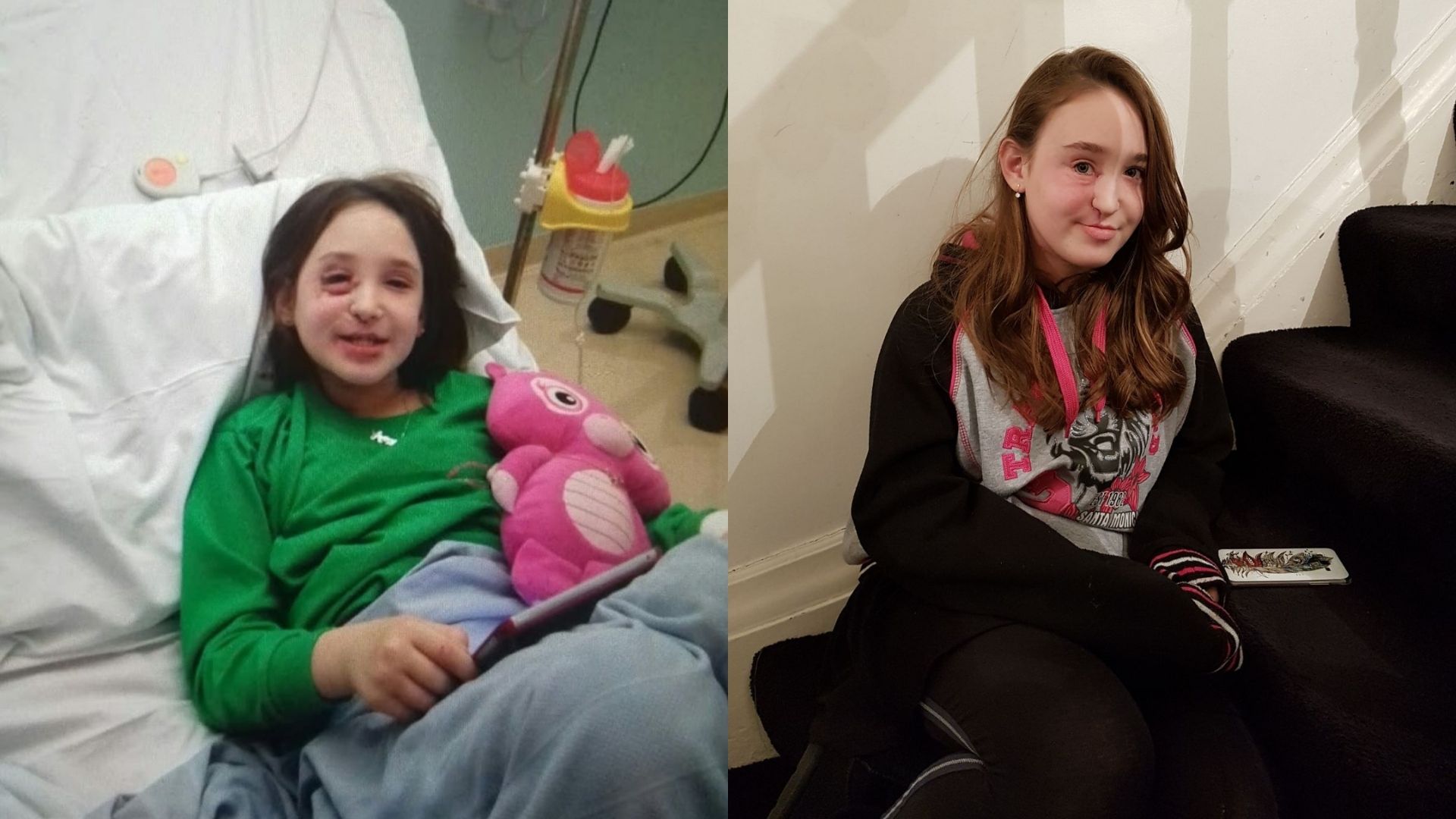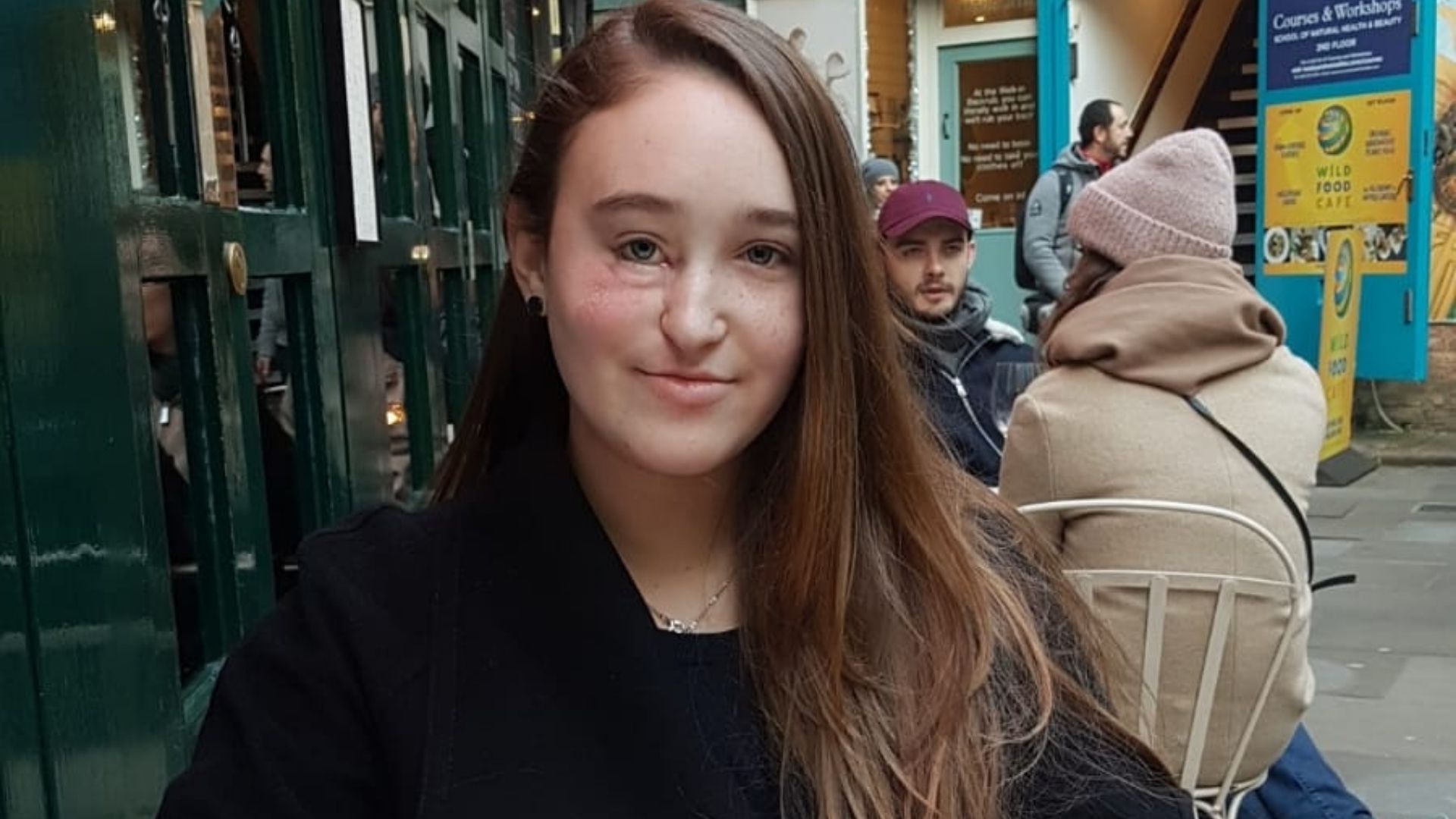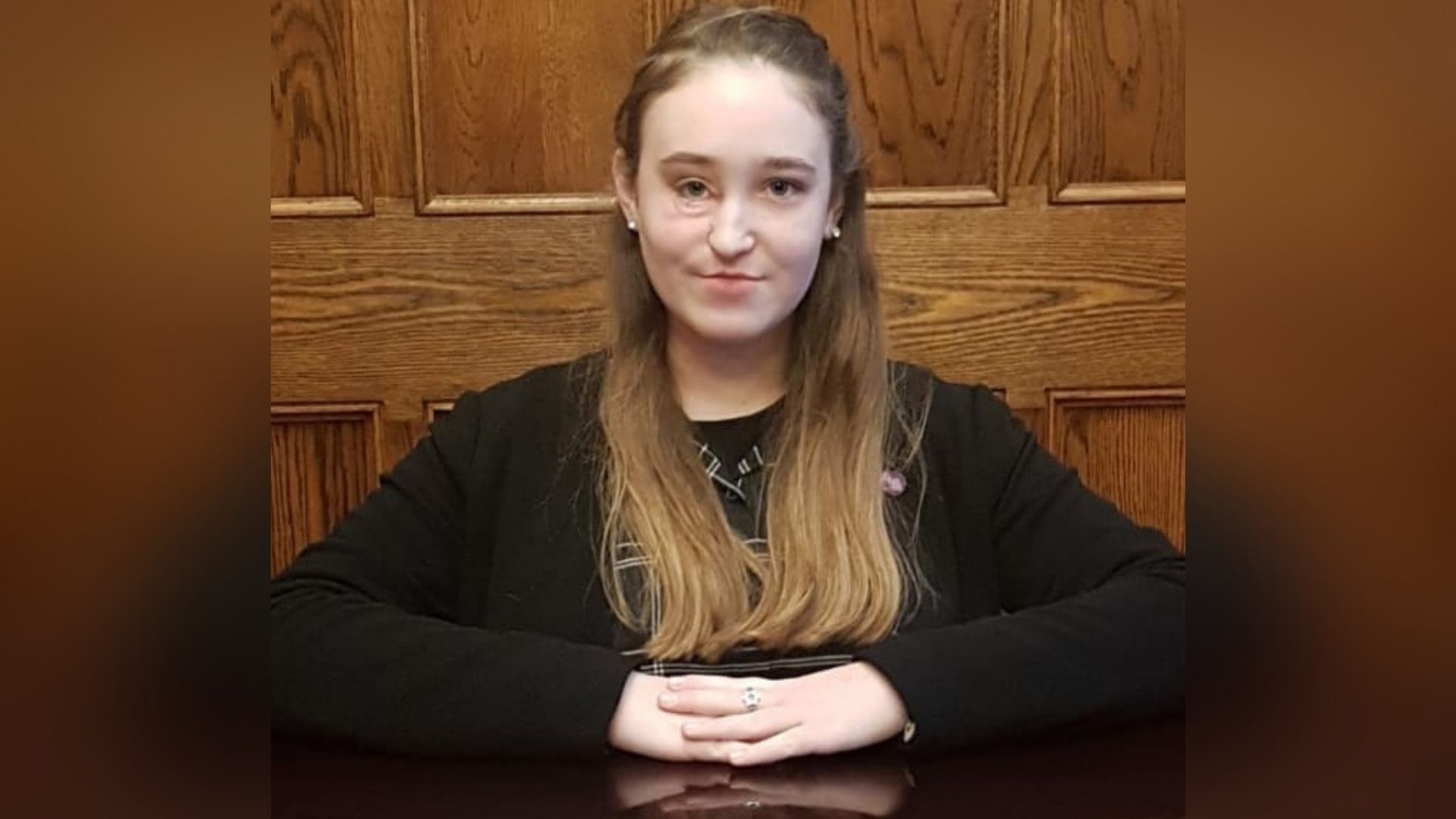My name is Abigail. I live in London and I’m 16 years old. When I was six, I was diagnosed with a rare tumour which grew in my face. I had to have a lot of operations to remove the tumour and the procedures left me with facial scarring.
This really affected my confidence. I wasn’t able to talk to people unless I was familiar with them, so I became very withdrawn around new people, which was hard.
When I was younger, I always thought that eventually I would be able to cover up my scars with make-up, but this wasn’t possible in the end because of my eczema and scarring. Even though it was upsetting when I realised this, it was a blessing in disguise as I had to learn to accept my scars and feel more confident in myself. Instead of feeling sad and annoyed about my face, I tried to love it.
I now feel able to talk to people about my face, explain my story, and be proud. I also learned that I don’t need to tell people about my life if I don’t wish to, it’s my choice.
As a child, I learned that you shouldn’t judge people for what their face looks like, but I knew that a lot of people do. A lot of people stared at me and asked questions because of my visible difference. I quickly learned to ignore them but that didn’t mean I was fine about it.
Dealing with my visible difference was extremely hard and I didn’t like being different to my classmates. Art and photography helped me express myself and helped me to see that there is beauty in everything, even things that aren’t traditionally considered pretty.

Abigail had a tumour removed as a child, which resulted in facial scarring.
As I got older and spent more time on social media, I became more aware of my appearance and of people’s stares and questions. I started to feel ashamed that I had scars and looked different.
When friends asked me about my face, I wasn’t comfortable opening up and talking to them about what I was going through. I felt so self-conscious talking about my visible difference that I ended up just giving vague responses.
I wanted to be open about what I’d gone through, but I felt trapped and alone and assumed that people were judging me because I had a visible difference. I wouldn’t even talk to my friends about it because I found it so uncomfortable to draw any attention to myself.
I knew I needed some sort of outlet to talk about what I was going through, so I created an Instagram account to talk about my journey. This led me to finding a big loving online community of people, all talking about life with a visible difference. This gave me much more confidence to be open about my struggle and accept myself. It also helped me realise that I’m not the only one in this situation.
I now feel able to talk to people about my face, explain my story, and be proud. I also learned that I don’t need to tell people about my life if I don’t wish to, it’s my choice.

Abigail created an Instagram account to talk about her visible difference journey.
One thing that really helped me be more comfortable with my visible differences, was knowing that most people are so preoccupied with their own insecurities that nobody’s really looking at me as critically as I’m looking at myself. Once I opened up about my situation to my friends, I learned that no one was judging me, they were just curious!
Since then, all of my friends have been so supportive of my journey. I’m able to show my face off and share stories about my scars. I am so proud of each and every one of them!
